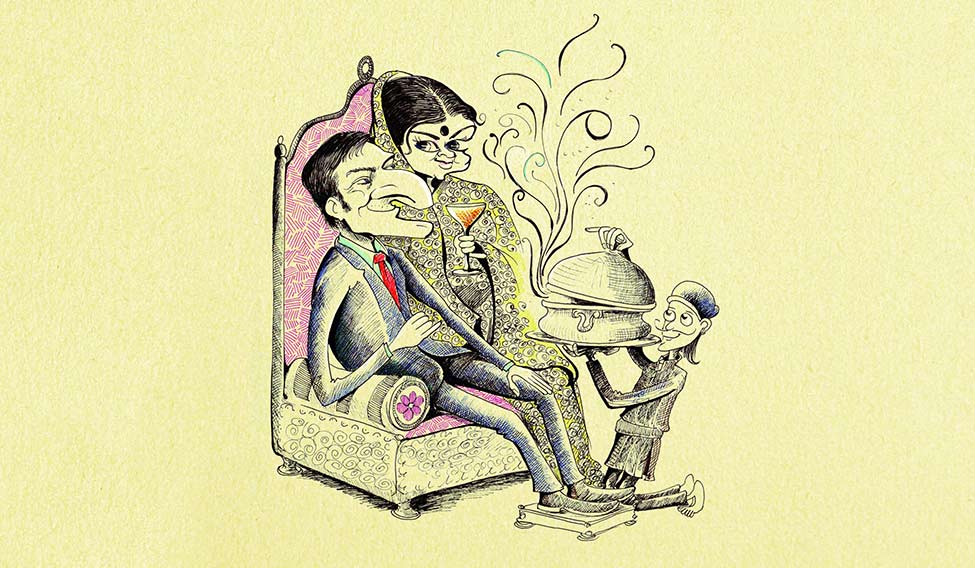MANSOOR ALI KHAN,
Nawab of Pataudi
Tiger was a royal to the core. He had good looks and the lean physique of an athlete. As the captain of the Indian cricket team, with a glamorous wife by his side and a title to enhance his personality, he had an aura not many could match.
He was the fittest and fastest on the field, but royally lazy off it. He loved the good things in life. He hated flying and, so, took the train. Travelling with him was an experience to cherish. His manservant Bahadur was always there to cater to all his needs. We never panicked if we ran out of ice, water or soda, as these would be replenished at the next station. The best part was when the nawab decided to eat. Bahadur would heat the food at the station and, at times, the train would wait for him to finish. Tiger was a superstar for us and the masses, and once the crowd knew he was on the train, we would be hounded.
Tiger did try his hand at politics and lost badly. The reason was that he refused to canvass votes. He felt it below his dignity to go begging from home to home. He was born a prince and remained one throughout his life.
MADHAVRAO SCINDIA,
Maharaja of Gwalior
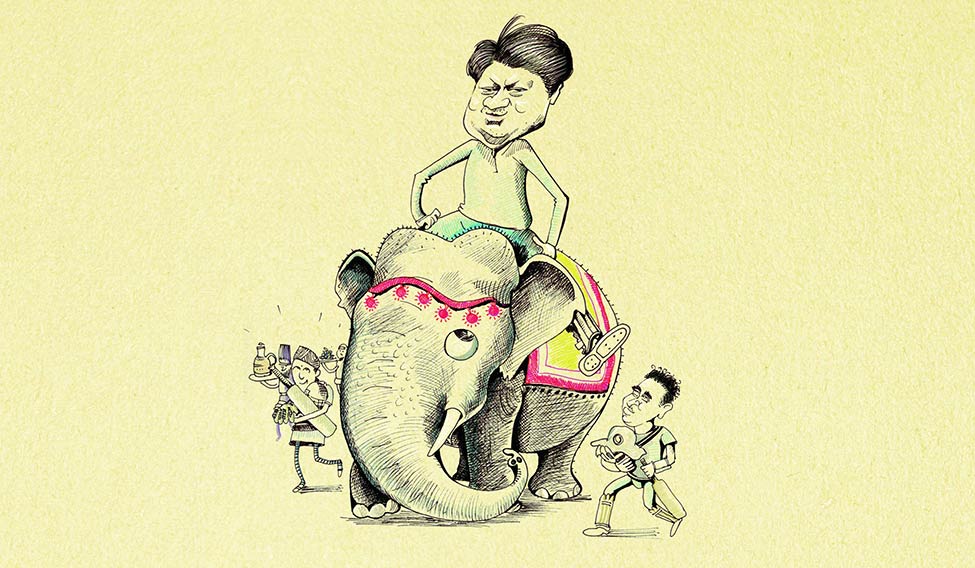
He was smart, handsome and an astute politician. He loved cricket and went on to become president of the Board of Control for Cricket in India. He had a wish—to open the batting with Sunil Gavaskar and have a partnership of 50 runs. The opportunity came in a benefit match in his state of Madhya Pradesh. Naturally, the match started with the pair opening the batting. In the dressing room, his servant helped him put on his shoes, thigh pad and leg guards. Sunil Gavaskar, who was left on his own, muttered a few words under his breath and we sniggered. One truly wondered who the actual star was. The duo put on 50 runs and then, fortunately for the opponents, a meeting in Delhi required the maharaja to depart urgently. It was a true royal departure; the match was halted as everyone bid him adieu.
THE TWO ROYALS
of Rajasthan

The former maharajas of Udaipur and Jodhpur have made Rajasthan a dream destination for tourists.
The Maharaja of Udaipur, Arvind Singhji, popular as Shriji, is an example of a successful royal. He was a first-class cricketer who worked and lived in Mumbai. On inheriting the magnificent but dilapidated palaces of Udaipur, he brought in his corporate skills and turned it into a dream destination. I first met him as a young man, when he was trying hard to live as a regular citizen. His humility taught him the art of branding and communication. Cricket is still his passion and he can spend hours discussing it with me.
The Maharaja of Jodhpur, Gaj Singh, known as Babji, is another example of a successful royal. His father died when he was young and he was sent to England for his education. He came back to palaces, forts and treasures, but needed money to maintain them. He had the foresight to get into an arrangement with a hotel chain, which not only rekindled his royal lineage, but also had him be the face of it. The Umaid Bhawan Palace was converted into a museum and a regal abode. His foreign education and contacts made him one of the most well-known royal faces around the world. A humble person, he is very easy to interact with and is now running a chain of heritage hotels.
The real contribution of both the former maharajas is that they revived the customs, rituals and religious ceremonies of yore. They now head several educational institutions as well.
PRINCE CHANDRAMANI SINGHJI
of Wankaner
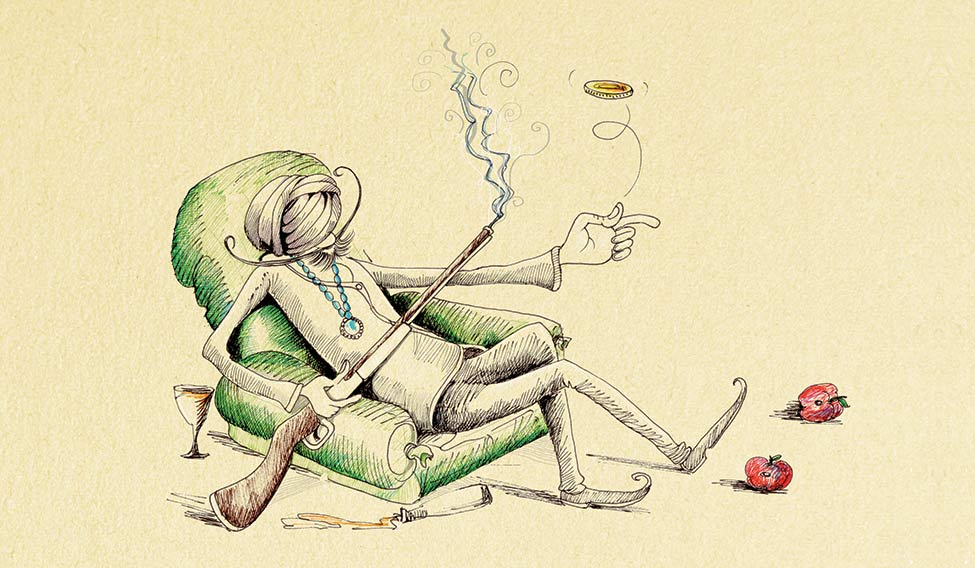
The love for shikaar (hunting) was instilled into most royal homes. My father shot for India in the 1950s and was a regular participant in national tournaments. Among the rulers, there were two good shooters from different camps. One was the Maharaja of Bikaner, who shot for India on numerous occasions, and the other was the “guru” of shooting, Chandramani Singhji, popularly known as Jimmy Wankaner.
Jimmy uncle was a unique character. He would make us throw a coin in the air and he would shoot it. We loved this feat and made him repeat it quite often. Once, after a few drinks at night, he decided to emulate William Tell. He put an apple on his wife’s head and shot it. Naturally, everyone was shaken up.
He was a royal who would have definitely won India a gold medal but, unable to change his royal attitude, he could not fulfil his potential.
RAJ SINGH
of Dungarpur
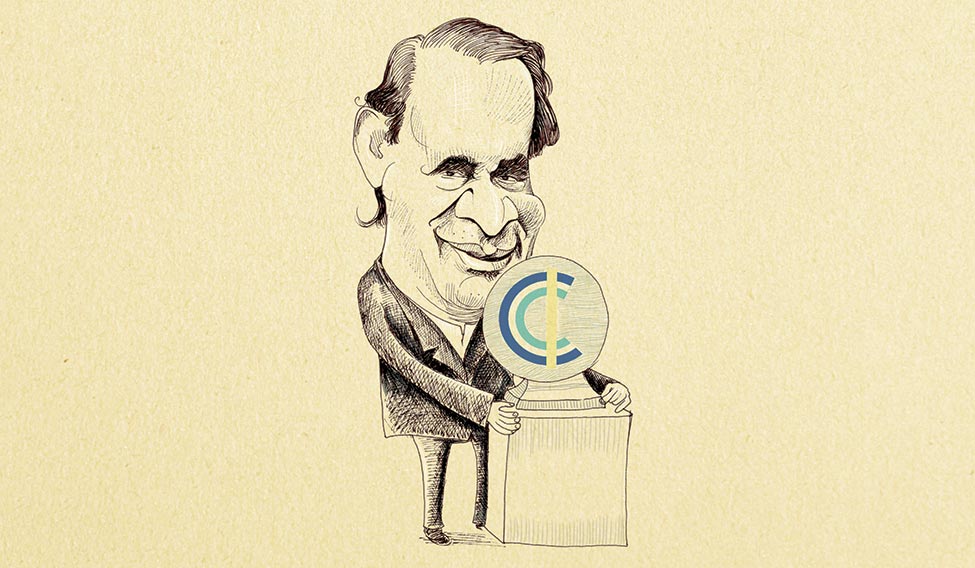
Raj Singh was the third son of the ruler of Dungarpur. His words of wisdom for me were “always remember that we are not the prime inheritors and so we need to make our own life and, the quicker we understand it, the better”. These words have always remained with me. He was a true gentleman whose life revolved around cricket and the Cricket Club of India. Whenever he met former royals, he would show them respect, hospitality and generosity. His passion for cricket became his vocation and Indian cricket will always be grateful for it.
MAHIPAL SINGHJI,
the ruler of Jetpur
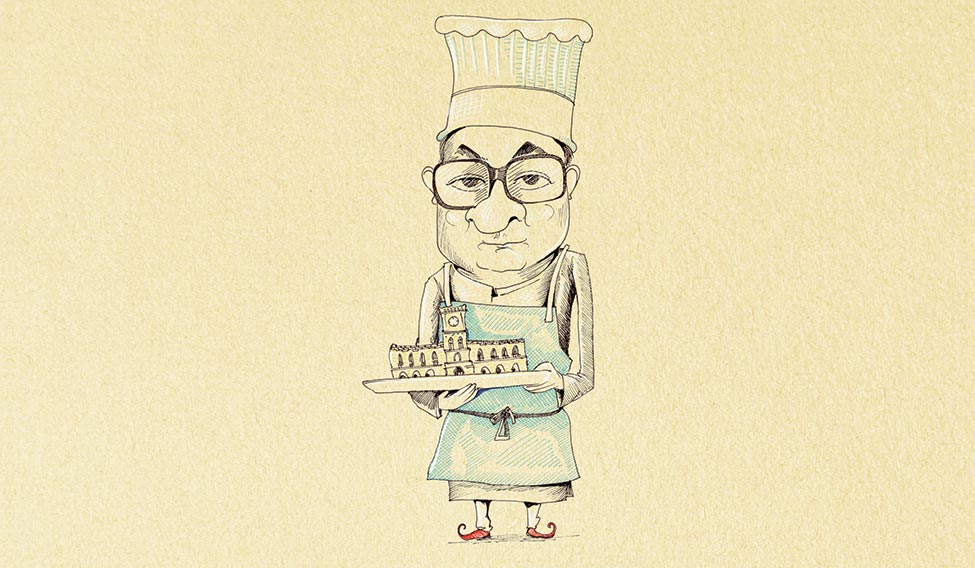
Mahipal Singhji, known as Billy, has had quite a life. Members of the Jetpur family were known for their flamboyant lifestyle, especially as Billy’s father was part of the Bombay elite and the horse racing circle. After his father’s death, Billy became the ruler. His home in Mumbai was the meeting place for aspiring actors, models and job seekers. Amitabh Bachchan, Zeenat Aman and other actors and businessmen survived their initial days because of his hospitality and generosity. However, Billy realised that he had to work; the one-time compensation would not suffice for long. He loved cooking and took up a job at the Taj. But, he had to resign because his mother could not handle people’s remarks about a maharaja being a cook. Times were hard and the family gradually lost almost everything. Billy did not fight with his family for any of his rights and one felt sorry for the goodhearted soul. He is now the head of the council that runs Rajkumar College in Rajkot. Through his good nature and life experience, he has revived the school phenomenally. One marvels at the way he took all of life’s knocks and reinvented himself.
SAAD BIN JUNG,
Prince of Paigah
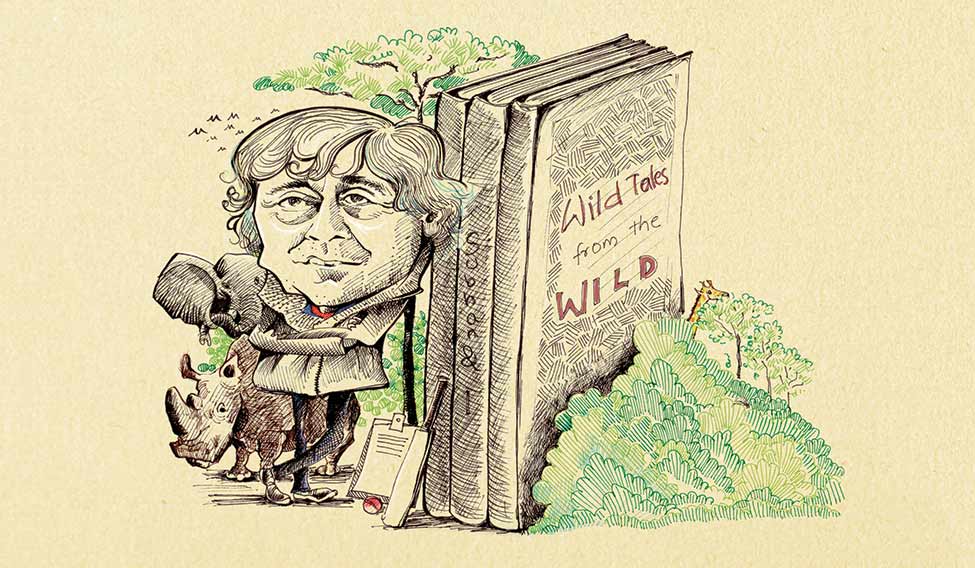
Saad is the nephew of the Nawab of Pataudi. This dashing royal became a sensation when he made a stylish century against the West Indies as a youngster. The competitive world of cricket in the late 1970s and early 1980s, full of politics and unsavoury cricketers, had no place for people like him. His fun-loving attitude was not appreciated. Today, he runs wildlife resorts in Karnataka and in Africa. He is the author of three wonderful books, two of them on wildlife. He is a historian, sportsman, naturalist and an environmentalist all rolled into one. A true royal all-rounder.



